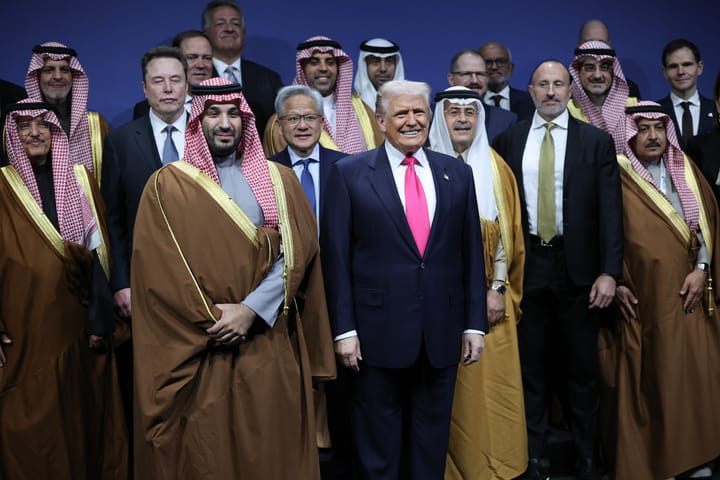Operation Midnight Hammer, the Trump administration’s unauthorized military strike against nuclear sites in Iran, involved hundreds of U.S. aircraft made by Northrop Grumman and others, more than a dozen Boeing-made “massive ordnance penetrator” bombs, RTX-manufactured Tomahawk missiles fired from a General Dynamics submarine, and Boeing-made aerial refueling tankers. The strike came just weeks after the Trump administration requested a Pentagon budget exceeding $1 trillion for the first time.
Since President Trump’s win on Election Day, at least 19 members of the U.S. House and Senate have reported household purchases of stock in the companies involved in the Iran strikes and other military contractors listed in the Top 100 of defense revenue by Defense News, according to a Sludge review of disclosures compiled by Capitol Trades. As of their most recent filings, all but one of these lawmakers still hold the defense stocks they acquired after the election. Dozens more members of Congress already owned stock in defense companies, according to a Sludge analysis conducted last year.
Shares of defense giants like Northrop Grumman and Lockheed Martin ticked up in value on Friday, June 13, the trading day after Israel launched its own strike on Iran, targeting nuclear enrichment facilities. Many of the lawmakers’ trades came in the months leading up to the Iran strikes, as tensions in the region fueled investor interest in the defense sector.
Yesterday, House Speaker Mike Johnson (R-La.) threw cold water on a War Powers Resolution—with up to 60 congressional co-sponsors—that would push for explicit congressional approval of U.S. military involvement in Iran, saying he does not think the measure should be brought to the floor for a vote.



